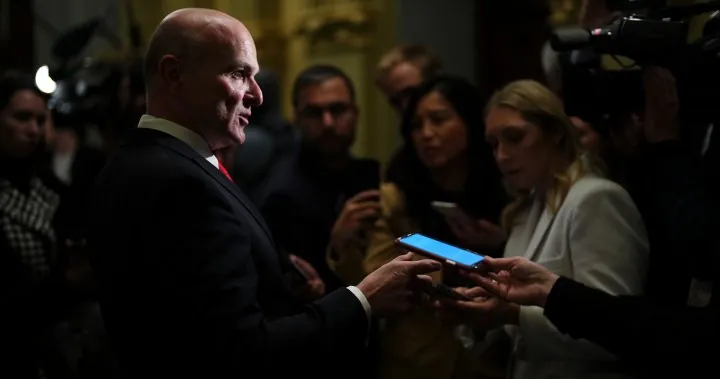
Randy Boissonnault Takes Responsibility for Invention of 'Non-Status Adopted Cree' Term Amid Controversy
2024-12-05
Author: Sophie
In a recent parliamentary committee session, Randy Boissonnault, MP for Edmonton Centre, disclosed that he personally created the controversial term “non-status adopted Cree.” This revelation contradicts earlier claims suggesting that the term was provided to him by an Indigenous researcher.
Originally, Boissonnault's office had stated that he was informed about the term by an Indigenous researcher while he was looking into his own family history. Alice Hansen, his communications director, elaborated that it represented the Indigenous background of his adoptive family. However, during the committee meeting, Boissonnault stated unequivocally, “I came up with the term ‘non-status adopted Cree’ because I thought it would honour my family. And I thought it would indicate very clearly no status.”
This statement has raised eyebrows, especially since the researcher he initially referenced, Professor Chadwick Cowie from the University of Toronto, confirmed to Global News that he had no involvement in developing that terminology nor did he conduct any genealogical research on Boissonnault's family. Cowie expressed his own opinion on how he would describe Boissonnault's background, indicating a preference for a different wording.
Adding to the complexity, Boissonnault mentioned that his adoptive mother and brother became citizens of the Métis Nation of Alberta earlier this year; however, he has identified primarily as white. His changing narrative about his family's lineage, combined with troubling allegations regarding a medical supply business he co-founded, has led to significant political turmoil, culminating in his resignation from the cabinet last month.
Boissonnault is currently not implicated in the allegations surrounding his former company, Global Health Imports (GHI), which faces scrutiny from Edmonton police over accusations of fraud involving a U.S. firm. Despite the serious nature of these claims, Boissonnault has maintained that he has had no involvement with GHI since being re-elected in the fall of 2021.
During the committee session, Boissonnault defended himself against accusations of misleading parliament and the public. “The term ‘non-status adopted Cree’ ensured that I claimed no Indigenous status for myself while also honouring the Indigenous heritage of the family who adopted and raised me,” he stated. Acknowledging that his descriptions may have been misleading at times, he expressed sincere regret for any confusion caused.
Opposition members, particularly Conservatives, were not satisfied with his explanations. Tory MP Garnett Genuis sharply criticized Boissonnault for allegedly using evasive language, questioning whether he has ever claimed to have Indigenous identity, to which Boissonnault responded, “I’m not Indigenous and I’ve never claimed to be Indigenous or to have Indigenous status.”
Tensions escalated further as NDP MP Lori Idlout pressed Boissonnault on his grandmother's specific Cree Nation affiliation, to which he admitted he didn’t know. His statements have led to accusations of "race-shifting," prompting questions about why others might have regarded him as Indigenous.
The controversy surrounding Boissonnault intensified following a report that suggested GHI misrepresented its ownership in federal contract bids. He condemned this mischaracterization, placing responsibility on his former business partner, Stephen Anderson, whom he accused of unethical conduct.
Additionally, Boissonnault clarified that he had attempted to rectify public references associating him with Indigenous identity, including removing himself from a 2019 list of Indigenous candidates put forth by the Liberal Party after realizing his inclusion.
Despite the political backlash and personal ramifications of these revelations, Boissonnault continues to assert his identity as an ally to Indigenous communities, stating he joined the Liberal Indigenous Caucus to support Indigenous issues. However, his recent struggles underscore the challenges of navigating identity politics and the importance of accuracy when discussing heritage and representation.
As he files for potential legal action against Anderson, Boissonnault's predicament may serve as a critical moment for discussions around identity, representation, and the integrity of political figures within Canada’s complex socio-political landscape.
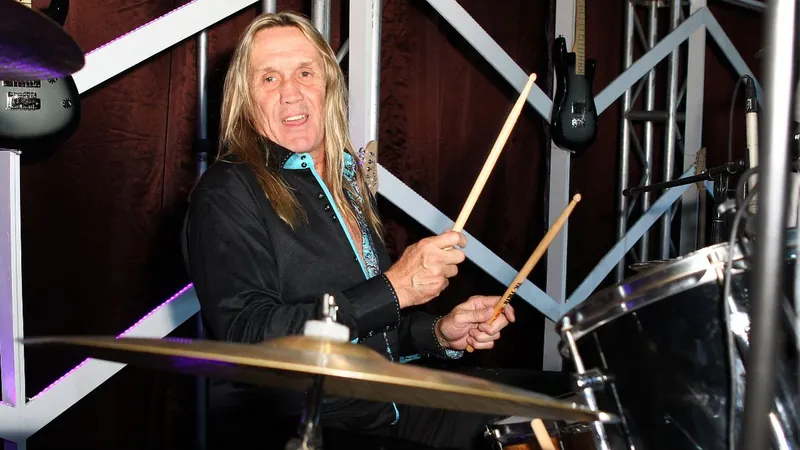


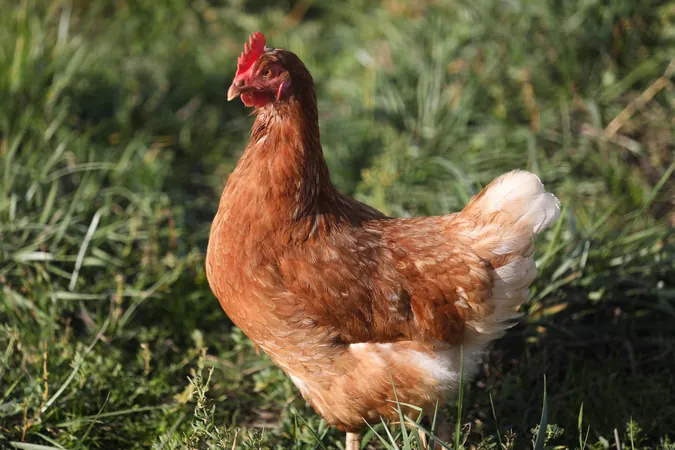

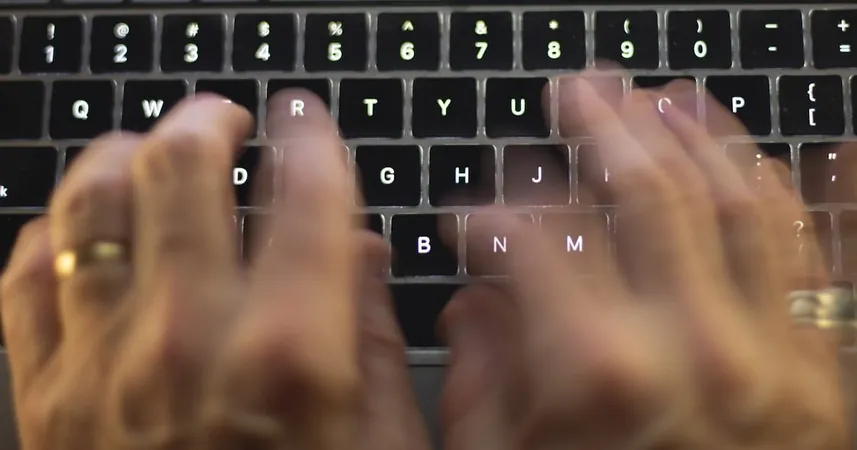
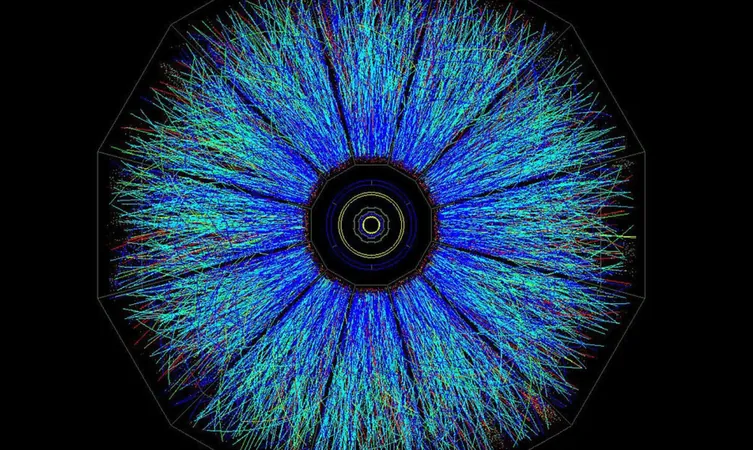


 Brasil (PT)
Brasil (PT)
 Canada (EN)
Canada (EN)
 Chile (ES)
Chile (ES)
 España (ES)
España (ES)
 France (FR)
France (FR)
 Hong Kong (EN)
Hong Kong (EN)
 Italia (IT)
Italia (IT)
 日本 (JA)
日本 (JA)
 Magyarország (HU)
Magyarország (HU)
 Norge (NO)
Norge (NO)
 Polska (PL)
Polska (PL)
 Schweiz (DE)
Schweiz (DE)
 Singapore (EN)
Singapore (EN)
 Sverige (SV)
Sverige (SV)
 Suomi (FI)
Suomi (FI)
 Türkiye (TR)
Türkiye (TR)